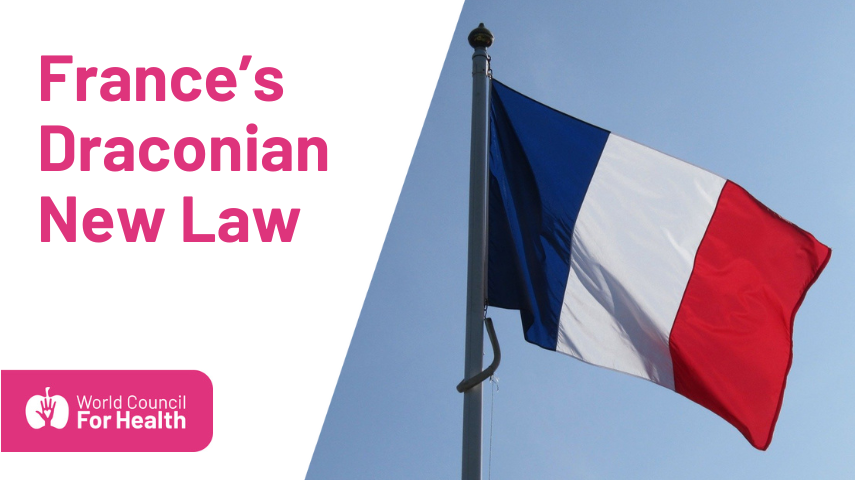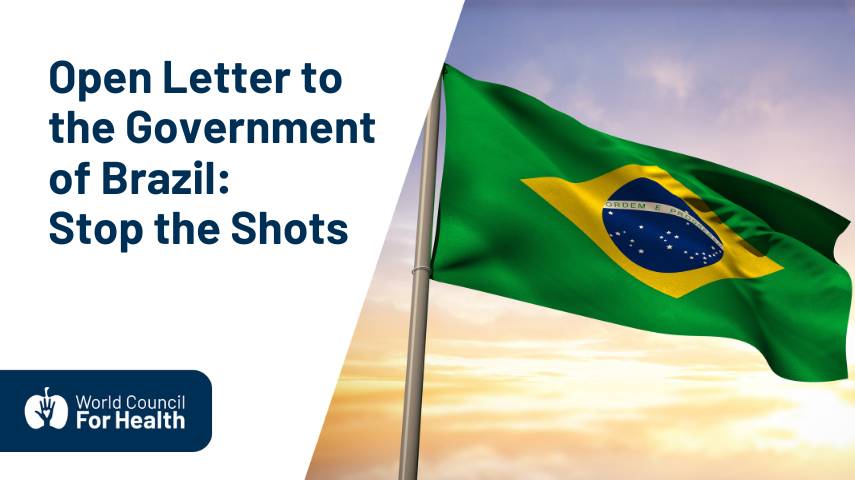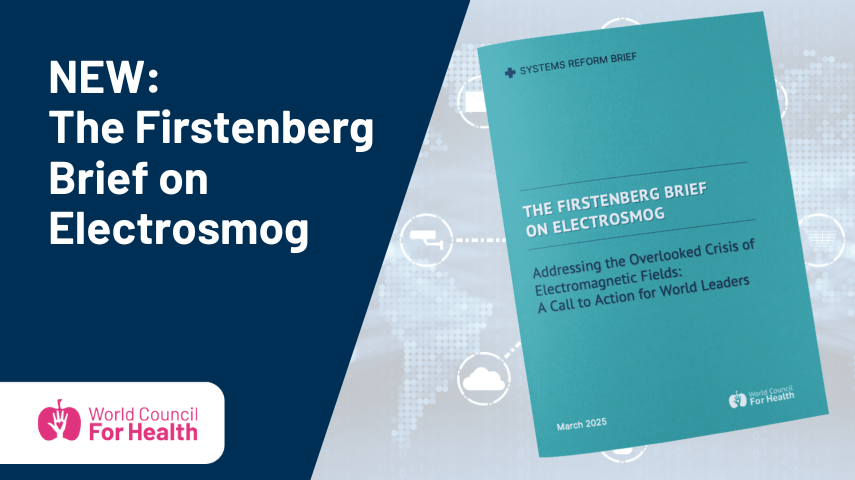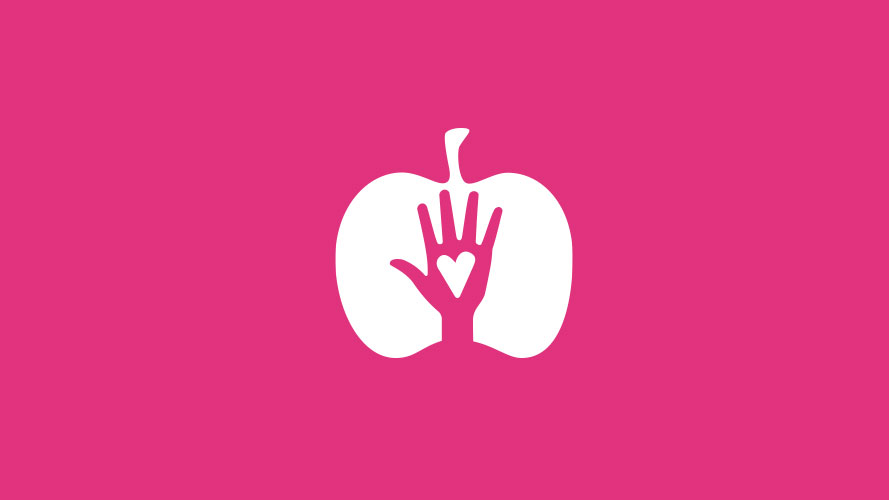On 14th February 2024, the French Parliament adopted amendments to an existing anti-cult law. The measures voted in by parliamentarians include the highly controversial Article 4 criminalizing medical dissent by criminalizing any individual criticizing or encouraging others to avoid mainstream medical practices or health policies, assuming such avoidance can be claimed by authorities to do harm. These include not only thousands of scientists and medical doctors but also people from all walks of life in towns and communities across France.
The motives driving this law were clearly stated in the Explanatory Memorandum by French Minister of the Interior, Mr Gérald Darmanin asserting, “The health crisis has provided an ideal breeding ground for these new sectarian aberrations. New forms of self-proclaimed ‘gurus’ or ‘masters of thought’ operate online, taking advantage of the vitality of social networks to federate real communities around them.”
Coincidently, the law has been introduced whilst the French government is suing one of France’s top virologists for publishing a study that found alternative Covid treatments resulted in better results than the government’s treatment protocol. The suit was filed against physician and infectious diseases specialist Dr Didier Raoult, even though the hospital he managed had one of the lowest Covid mortality rates of any hospital.
The bill that was pushed through on February 14, constitutes a clear and direct attack on civil rights, freedom of speech, and scientific inquiry and is a blatant attack on the practice of alternative and natural medicine. It establishes state-sponsored scientific truth—a single truth established by the State—in other terms, tyranny and fascism.
In November 2023, the French State Council rejected Article 4, and the Senate removed the article the following month, criticizing it as “legally fragile“. It failed the first vote in the French Parliament on Tuesday 13 February, was rapidly rewritten overnight, reintroduced by amendment the next morning, and passed with a vote of 116 to 108 on Wednesday, 14 February 2024.
This bill is part of a multi-annual national strategy for 2023-2027 and is the outcome of the conference on sectarian drifts held in the spring of 2023 and recommendations by MIVILUDES, a French government agency created by presidential decree in 2002 charged with observing and analyzing the phenomenon of cult movements, coordinating the government response, informing the public about the risks arising from cult movements, and facilitating the implementation of actions to aid the victims. According to the French authorities, these so-called sectarian aberrations multiplied during the Covid pandemic under the influence of social networks. Examples of these sectarian aberrations in the reports are conspiracy theorists, naturopaths, health coaches, and wellness gurus.
Several questions remain concerning this law, which will still have to pass through the Joint Committee stage, return to Parliament, and then be validated by the Constitutional Council.
The article in question states:
“Art. 223-1-2. – It is punishable by one year’s imprisonment and a fine of 15 000 ( 45 000 euros) euros to provoke, by means of repeated pressure or manoeuvres, any person suffering from a pathology to abandon or refrain from following a therapeutic or prophylactic medical treatment, when this abandonment or abstention is presented as beneficial for the health of the persons targeted when, given the state of medical knowledge, it is clearly likely to have particularly serious consequences for their physical or mental health, given the pathology they suffer from.”
“When the provocation is accompanied by clear and complete information as to the consequences for health, and when the conditions under which this provocation was made do not call into question the free and informed will of the person, the offenses defined in this article are not constituted.”
Thus, the revised article specifies that the “provocation” to abstain from treatment must have been made “by means of repeated pressure or maneuvers on any person suffering from a pathology” and specifies in a paragraph that the offense is not constituted if the said provocation “is accompanied by clear and complete information as to the consequences for health and that the conditions under which this provocation was made do not call into question the free and enlightened will of the person“.
In addition, a final paragraph rules out whistleblowers:
“The information reported or disclosed by the whistleblower under the conditions provided for in Article 6 of Law 2016-1691 of December 9, 2016 on transparency, the fight against corruption and the modernization of economic life does not constitute provocation within the meaning of this article.”
Consequently, the offense is characterized by individual pressure on a person. What constitutes “pressure”, “provocation”, or “manoeuvres” remains dangerously unclear, the law itself a sectarian drift.
The amended bill now returns to the Senate, where opponents may still resist but the administration has methods to override them. Justification for the new law included warnings that “the next pandemic is coming.” However, the law’s critics say it uses public health as a pretext to suppress dissent.








